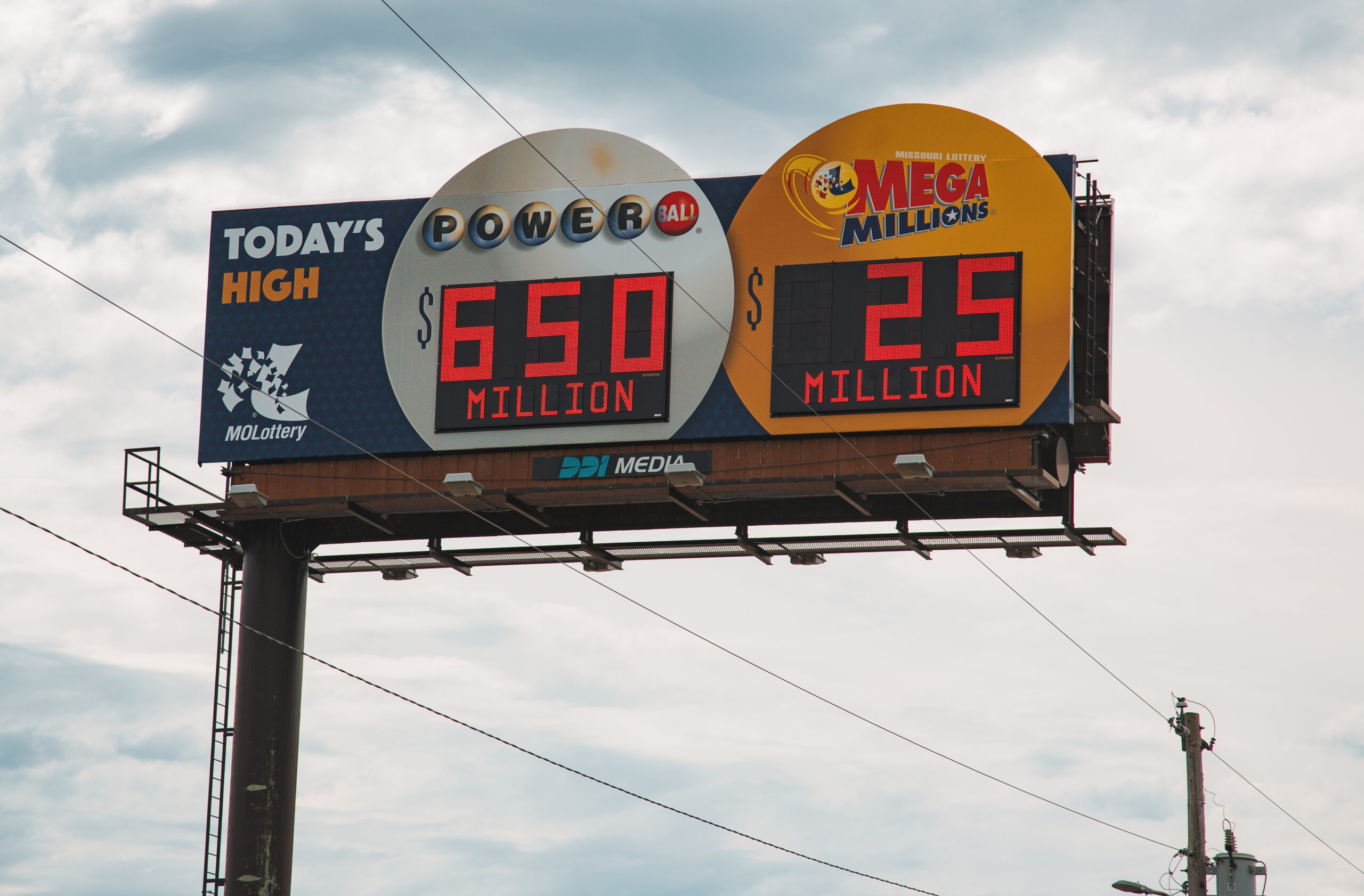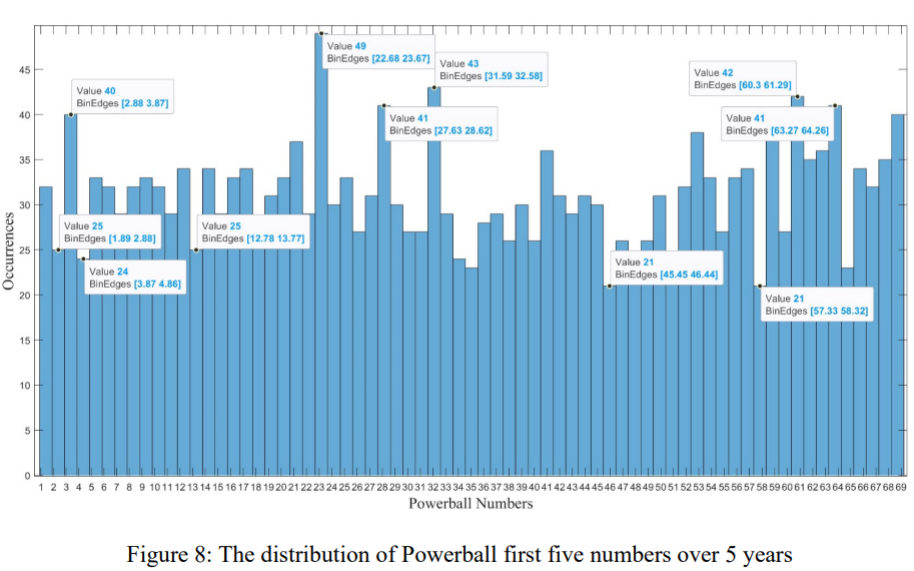Probability in Real Life
There’s a slew of tips and tricks on the internet about how to improve your odds of winning the lottery. These include:
- Play every week.
- Buy more tickets for a game.
- Pick higher numbers.
- Use “lucky” numbers like your children’s birthdays.
- Play the same numbers every time.
But which tips and tricks really work according to the laws of probability? There are actually three tips that work…and a slew of tips that don’t. Here’s a rundown of them all.
Contents:
- Tips That Don’t Work:
- Tips That Do Work
- How the Odds are Calculated
Playing every week doesn’t improve your odds of winning the lottery
Playing regularly doesn’t improve your odds of winning the lottery, because all lottery games are independent events. “Independent” means that the odds of one game doesn’t affect the odds of another game at all. Imagine you buy one ticket at for the Florida lottery on a Saturday at odds of one million to one. You lose, and the following Saturday you buy another ticket for the next game, which has the same odds: one million to one. Your odds don’t change: they are a constant one million to one. So buying a ticket for the same game the following week (or even the following day) won’t increase, or decrease, your odds of winning.
Playing the same numbers every time doesn’t improve your odds
Lottery numbers are chosen randomly, which means that hypothetically, the same numbers could possibly show up as winners for more than one game. Or, those numbers may not ever show up at all. If your odds are one in a million for playing number 5, 6, 7, 8, 9, 10 one week, your odds the next week will still be one in a million for the same numbers.
Three Ways to Improve Your Odds of Winning the Lottery

The odds of a win on Powerball are staggeringly small; Your odds of winning the Powerball Jackpot are 1 in 292 million [1]. That figure comes from the combinations formula: how many ways That figure—292 million—is roughly the population of the United States! To put that in perspective, you’re more likely to end up in the E.R. with a pogo stick-related injury, or be killed by hornets, wasps, or bees [2]. However, if you’re going to play the lottery, you can increase your odds a little bit with these statistically proven techniques.
Buy Extra Tickets for the Same Game
Buying a few extra tickets for a game technically improves your odds of winning the jackpot, but not in any meaningful way; The change in odds is so small that you won’t notice the difference. If you try to up your odds by buying 10 tickets, that increases your odds of winning the lottery to 10 in 292 million (or 1 in 29.2 million). To put that number in perspective, you’re still much more likely to be killed by an asteroid (1 in 1.6 million) or die in a plane crash (1 in 20 million). If you have enough cash lying around to spend on 10,000 tickets, your odds of a big win are still quite small: 1:29,200.
One way to increase your odds is to join a syndicate, where a large number of people chip in a small amount to buy more tickets. A simple way to create a syndicate is to get a group of friends or coworkers to join in the fun. One group of coworkers won $543 million Mega Millions Jackpot. The major downside is that you’ll have to share your winnings. And make sure your contract is airtight so that one member doesn’t abscond with the jackpot, which has happened in the past.
Play Games with Better Odds
You can improve your odds of winning the lottery by playing games with better odds. For example, the second prize in Powerball, where you only have to match five of six numbers, has a prize of one or two million dollars with odds of around 11 million to one.
Assuming that you’ve decided your going to take your (slim) chances and enter the lottery anyway, which game has the best chances of winning? You get even better odds if you play in the state lotteries instead of the national one. For example, Florida’s Fantasy 5 has odds of 1 in 376,992 with an estimated prize of $200,000.
Choose Your Numbers Wisely
A surprising fact: some Powerball numbers have a greater chance of being drawn than others. This was discovered by Arin Zargarian during research for his master’s thesis [3]. Zargarian extracted data from “Lottery Powerball Winning Numbers: Beginning 2010” from the US Government Data Catalog [4] and found that the more ink on the ball, the more likely the ball is to drop and get chosen: to up your odds, choose double digit numbers. Two numbers appeared more frequently as the red Powerball than others: number 21 (43% greater chance) and number 23 (58% greater chance); This is thought to be due to minor differences in weights of ink and residues on the balls.

Don’t choose lucky numbers or strings of numbers. Choosing “lucky numbers” will actually decrease your odds of winning. According to Philip J. Cook, professor of public policy, economics and sociology at Duke University and co-author of “Selling Hope: State Lotteries in America” [5] explains why: the lottery jackpot is shared amongst everyone who gets the winning combination of numbers. Your choice of lucky numbers is likely shared by a large number of people (lucky 7, 11, 13—). The same is true for strings of common numbers, like 1, 2, 3, 4, 5, 6. You still have the same odds of hitting the jackpot, but if you have to share that one million dollar prize with 20 other people who chose the same “lucky numbers”, then your jackpot is going to be a paltry 50k.
One final tip: Pick double digits higher than 31, since they aren’t birthdays.
How the Odds are Calculated
If you’re interested in the math, the odds of winning Powerball are calculated with the combinations formula.
PowerBall numbers are drawn from two sets of numbers. First, five numbers are drawn from 69 numbered white balls. Second, one Powerball number is drawn from 26 numbered red balls. These two events (choosing the white balls and then choose a red ball) are separate events, which can be calculated with the combinations formula (or you can use our combinations calculator). Note: The ! symbol in the following formulas is a factorial.
Step 1: Figure out how many ways 5 numbers can be drawn from 69. You can find this out with the combinations formula (the order in which the 5 balls are drawn is irrelevant):

There are 11,238,513 possible combinations, so your odds of choosing the winner is 1 out of 11,238,513:

Step 2: Figure out how many ways 1 number can be drawn from 26. You can also find this out with the combinations formula, but as this is one number (as opposed to five), you can write a straightforward ratio (you have a one out of 26 chance):

Step 3: Use the multiplication rule to find out the probability of both events (getting 5 red balls and 1 white one) happening together:

Odds of winning the lottery: References
Powerball Billboard: Tony Webster from Minneapolis, Minnesota, United States,
[1] Odds and Prizes.
[2] 17 things more likely to happen to you than winning the lottery
[3] Statistical Analysis on Powerball Winning Number Patterns.
[4] United States Government Data Catalog. (2020). Lottery Powerball Winning Numbers:
Beginning 2010 [Data file]. Retrieved from
https://catalog.data.gov/dataset?res_format=CSV&tags=powerball. Accessed 9 Apr. 2020.
[5] Selling Hope: State Lotteries in America.